
Doctor of Philosophy with a Major in Molecular Oncology & Immunology
Overview
The Molecular Oncology and Immunology (MOI) graduate program combines the resources of basic science and clinical medicine to develop an interdisciplinary approach to understanding disease processes.
Research in this program focuses on the intersection of cancer biology and the immune system, aiming to understand how intra cellular signaling, extracellular matric and the immune system interact in normal and diseased states. Understanding of these multi-faceted cross talks can be leveraged for therapeutic purposes. Trainees in this program will have an opportunity to conduct independent research under the guidance of world renown faculty to investigate new pathways that underlie cancer and inflammatory diseases. Discoveries made by scientists in this program are also developing the next generation of drugs and biomarkers.
The MOI program equips students with advanced knowledge research and training to develop
into the next generation of scientists that can lead the pathway to groundbreaking
discoveries. The investigators in this program blend theoretical learning with practical
research experience, preparing students to tackle the complex challenges in this rapidly
evolving field. Apart from excellent research forums the program also provides career
development workshops annually to expose students to careers within and outside academics
and the pathways to excel.
Molecular Oncology & Immunology
Curriculum & Timeline Essential Resources
MOI students will have the opportunity to participate in workshops/classes that offer training in effective presentation skills, and grant writing. The program recognizes the importance of scientific communication and networking at scientific meetings. It does this by supporting student travel to national/international meetings to present their research.
Students are also eligible to apply for the support through the Georgia Cancer Center Paceline funding.
For First YearsMOI Student Ambassadors 2025-2026 Activities Meet Our StudentsAlumniContact Us
For First-Year Students
Investigators Accepting New Students
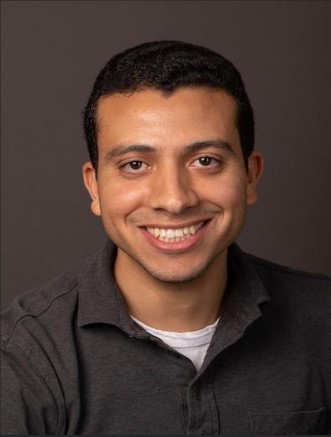
Rédouane Aherrahrou, PhD
What We Study
Genetic regulation of atherosclerosis-relevant phenotypes and gene expression in human vascular smooth muscle cells. The main goal of my work is 1) to develop a comprehensive understanding of genetic contributions to CAD, with an emphasis on functional genomics and systems genetics approaches in VSMCs and 2) dissect CAD loci with sex-specific effects.
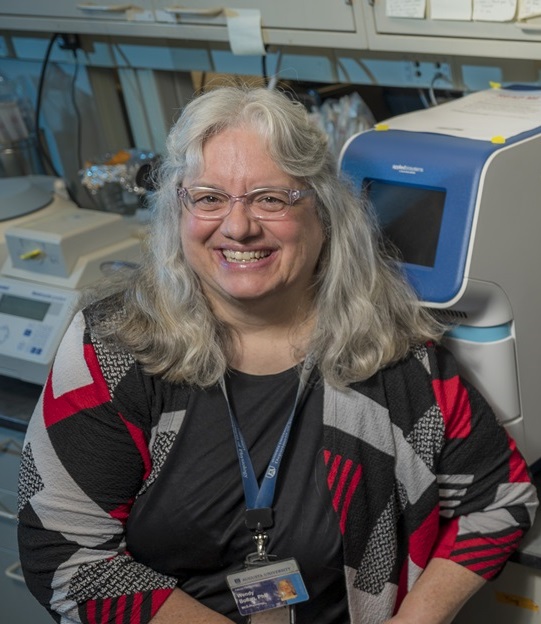
Wendy Bollag, PhD
BIOM 8021 Biochemistry and Gene Regulation
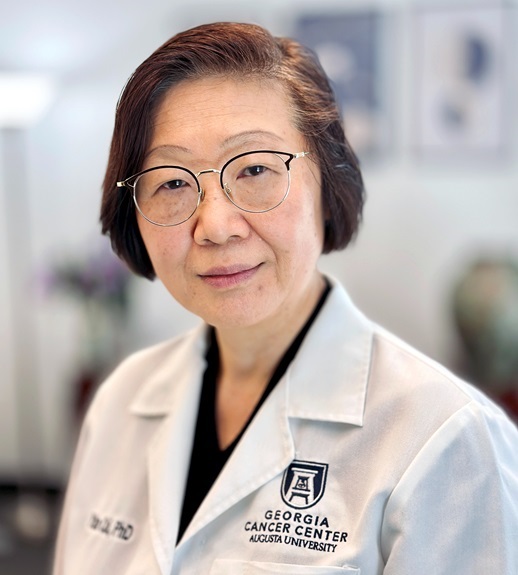
Yan Cui, PhD
What We Study
The major research interest of the Cui lab is focused on understanding the cellular and molecular mechanisms by which tumor-host interactions dictate the immunological landscape of the tumor microenvironment (TME), and developing novel translatable strategies to improve therapeutic outcome via targeting the tumor-host communications.
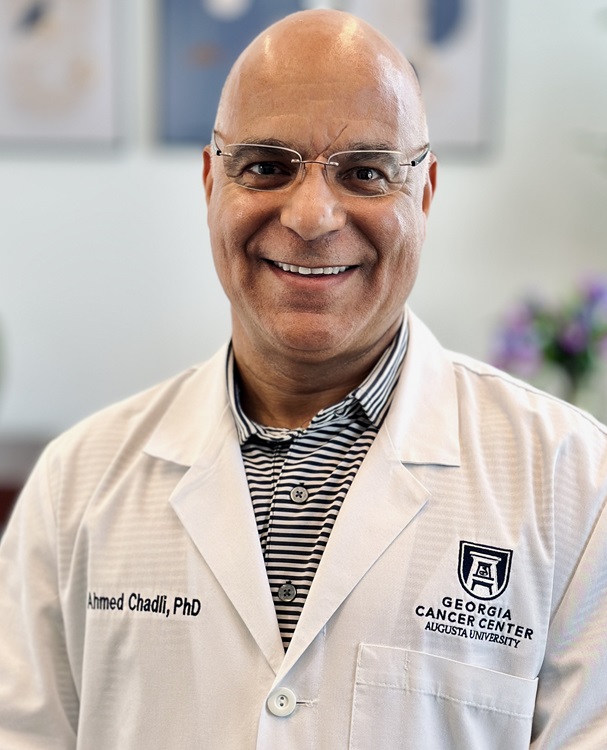
Ahmed Chadli, PhD
What We Study
The Ahmed Chadli Laboratory focuses on understanding the role of molecular chaperones in tumorigenesis and developing novel therapeutic agents targeting these molecules for cancer treatment.
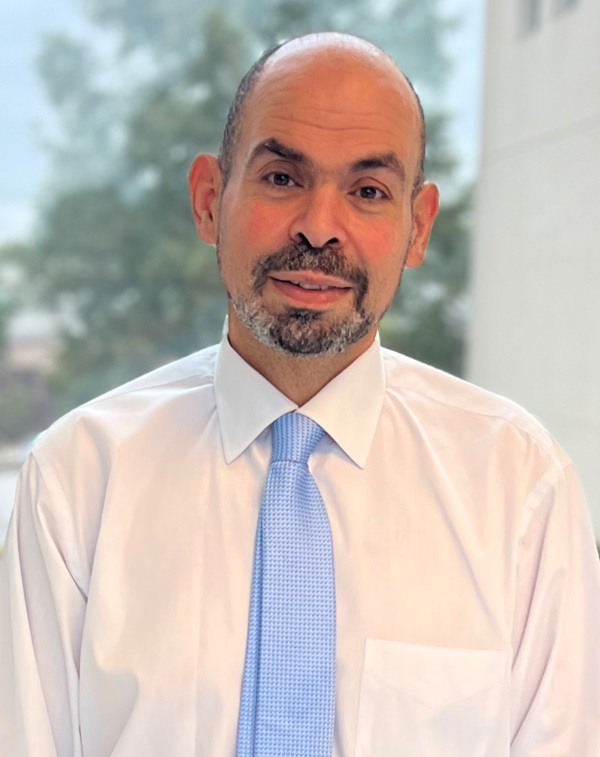
Ahmed Elmarakby, MD
BIOM 8030 Experimental Therapeutics
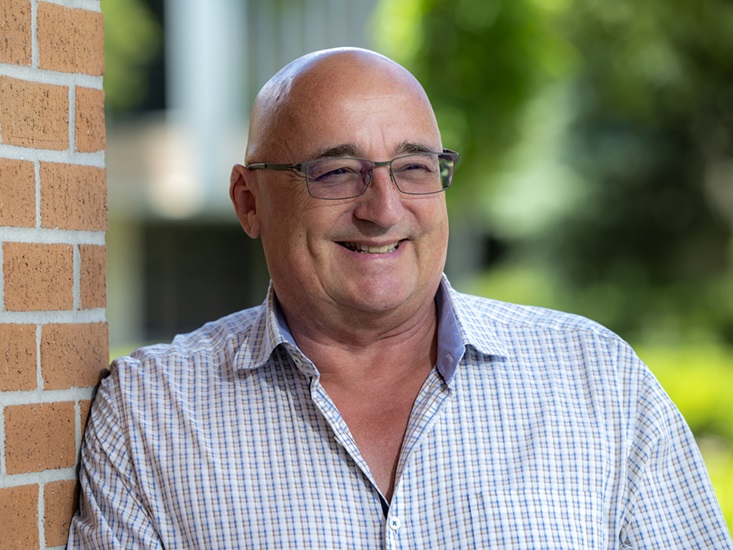
Nicholas R.J. Gascoigne, PhD, FRSB
What We Study
Cellular immunotherapy using chimeric antigen receptor-bearing T cells (CAR-T) has made enormous advances in the treatment of liquid cancers over the last 10-15 years. However, CAR-T are not very effective against solid tumors and the nature of the treatment, where T cells from the patient are removed, made to express the CAR through gene transfer, expanded in tissue culture, and then reinfused into the patient, is very time consuming and expensive. Many patients are unable to access the treatment either due to the costs or to the fact that they do not have sufficient healthy T cells to turn into CAR-T cells.
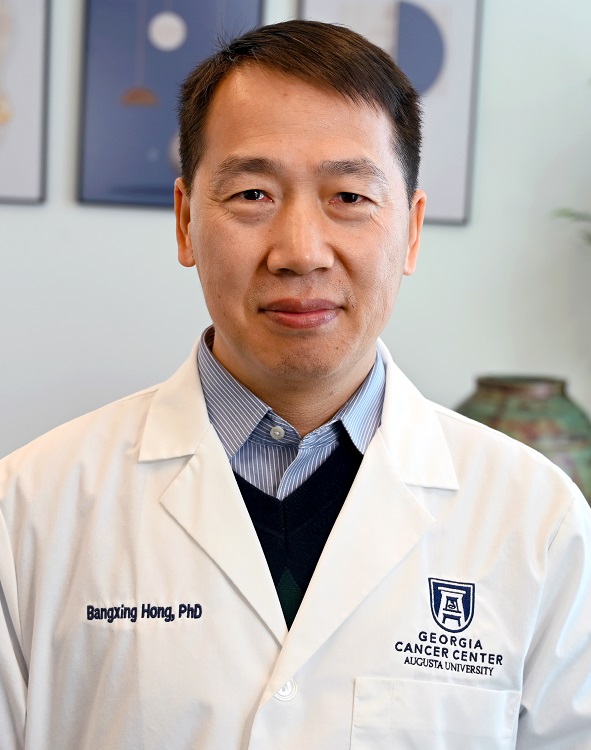
Bangxing Hong, PhD
What We Study
The Hong laboratory is interested in developing novel immunotherapy through modulation of antigen presentation activity of dendritic cells, generation of antigen specific T cell-based cell therapy or developing oncolytic virus-based immunotherapy to target incurable tumor including glioblastoma, lymphoma, and other solid tumors.
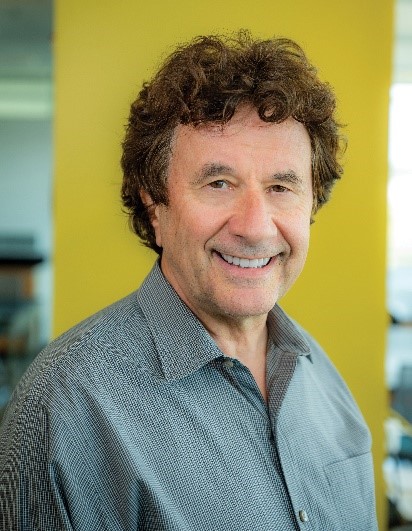
Klaus Ley, MD
What We Study
The Ley lab studies atherosclerosis, the pathomechanism underlying most cardiovascular disease. We focus on the adaptive immune system. We work on the autoimmune aspect of atherosclerosis, mainly on the CD4 and CD8 T cell responses.
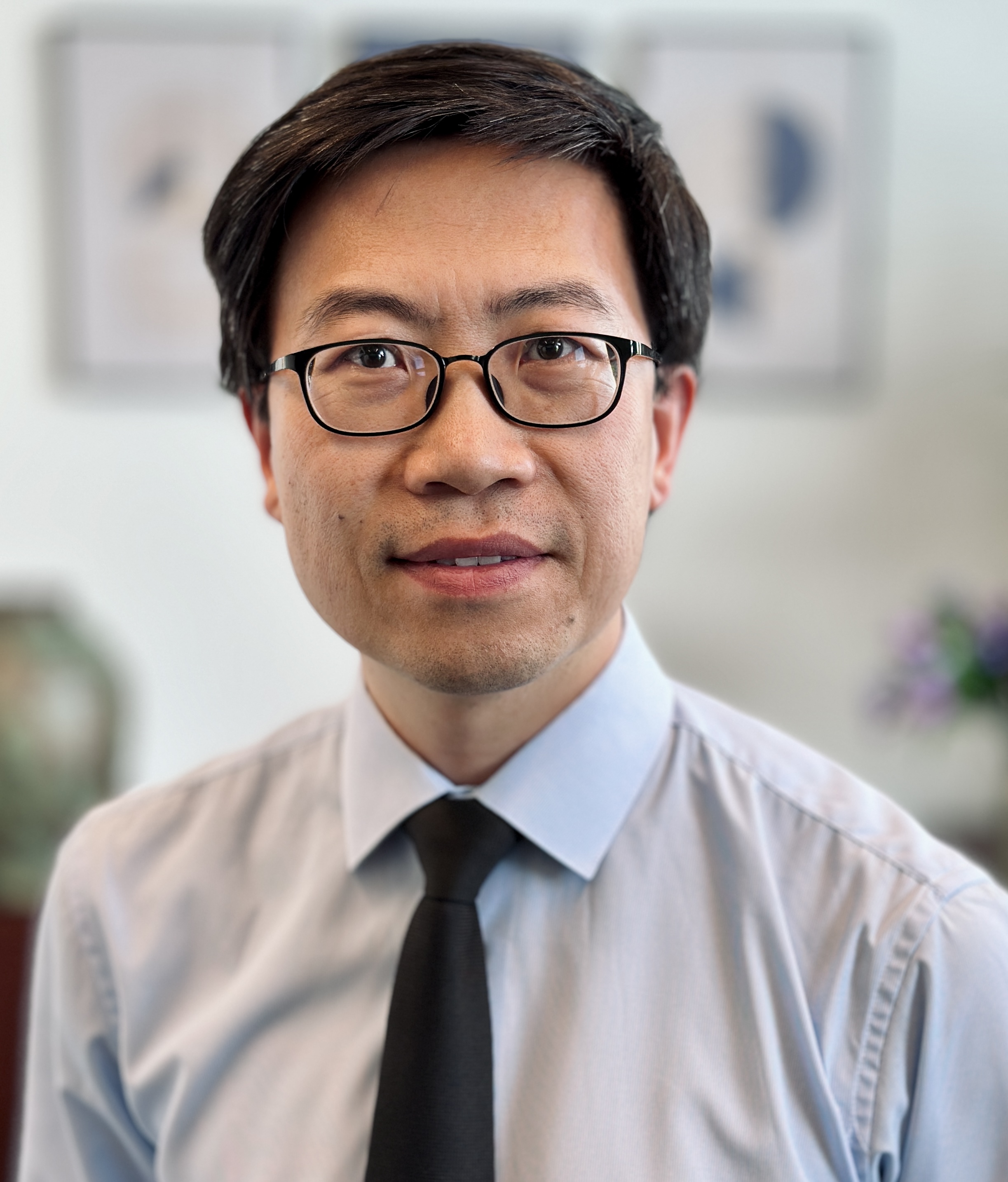
Dongwen Lyu (Lv), PhD
What We Study
The Lyu Lab focuses on two broad research areas. The first centers on investigating and modulating protein function, with emphasis on protein folding and dynamics, protein arginylation, protein–protein interactions, membrane proteins, and intrinsically disordered proteins. We aim to develop small-molecule therapeutics, including covalent and non-covalent inhibitors, proteolysis-targeting chimeras (PROTACs), molecular glue degraders (MGDs), and other novel degraders and modulators, to target disease-associated proteins for the treatment of cancers and other diseases.
The second research area focuses on elucidating the cellular and molecular mechanisms of aging and age-related diseases, particularly alternative splicing, protein isoforms, and protein quality control. Our goal is to discover and develop senolytic drugs that selectively eliminate senescent cells, offering new therapeutic strategies for aging associated diseases.
Ellen LeMosy, MD, PhD
BIOM 8022 Molecular Cell Biology
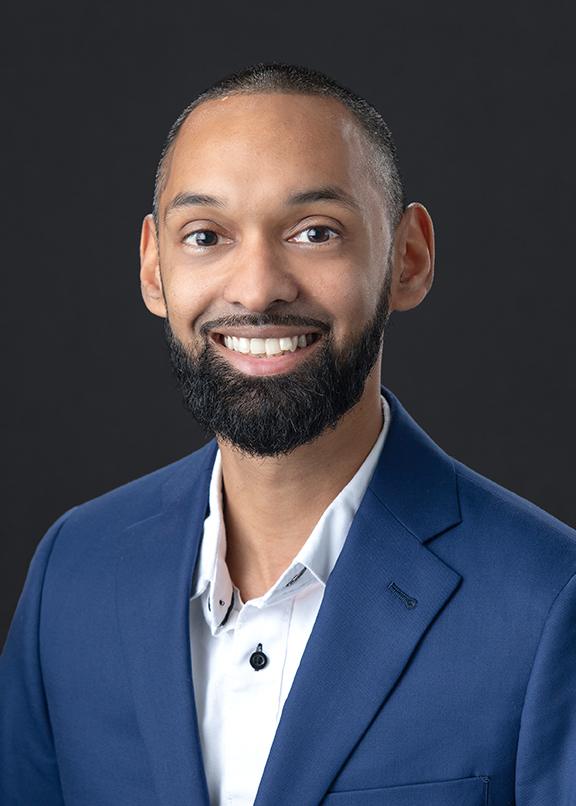
Adil Rasheed, PhD
What We Study
Atherosclerosis is a disease characterized by elevated circulating lipid levels, as well as contributions of the immune system. Our laboratory explores the influence of dysregulated lipid metabolism, as occurs during atherosclerosis, on pathologic immune cell formation and function. Projects will focus on the identification regulators/pathways that become dysregulated during disease progression and therapeutic strategies to mediate the pathologic contributions of immune cells in cardiovascular disease, inflammatory disorders and cancer.
We use high resolution microscopy and flow cytometry combined with reporter mouse models to decipher changes in immune cells and their microenvironment between health and disease. Our goal is to identify pharmacologically relevant avenues of intervention to slow or even reverse disease.
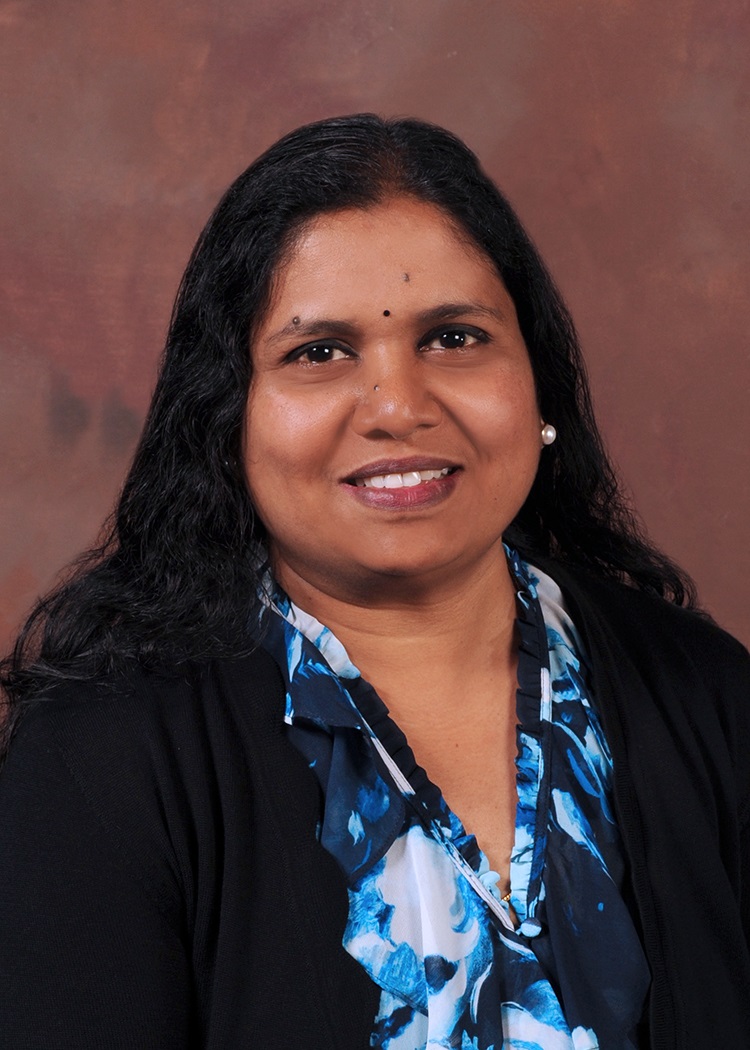
Sangeetha Sukmari-Ramesh, PhD
BIOM 8021 Biochemistry and Gene Regulation
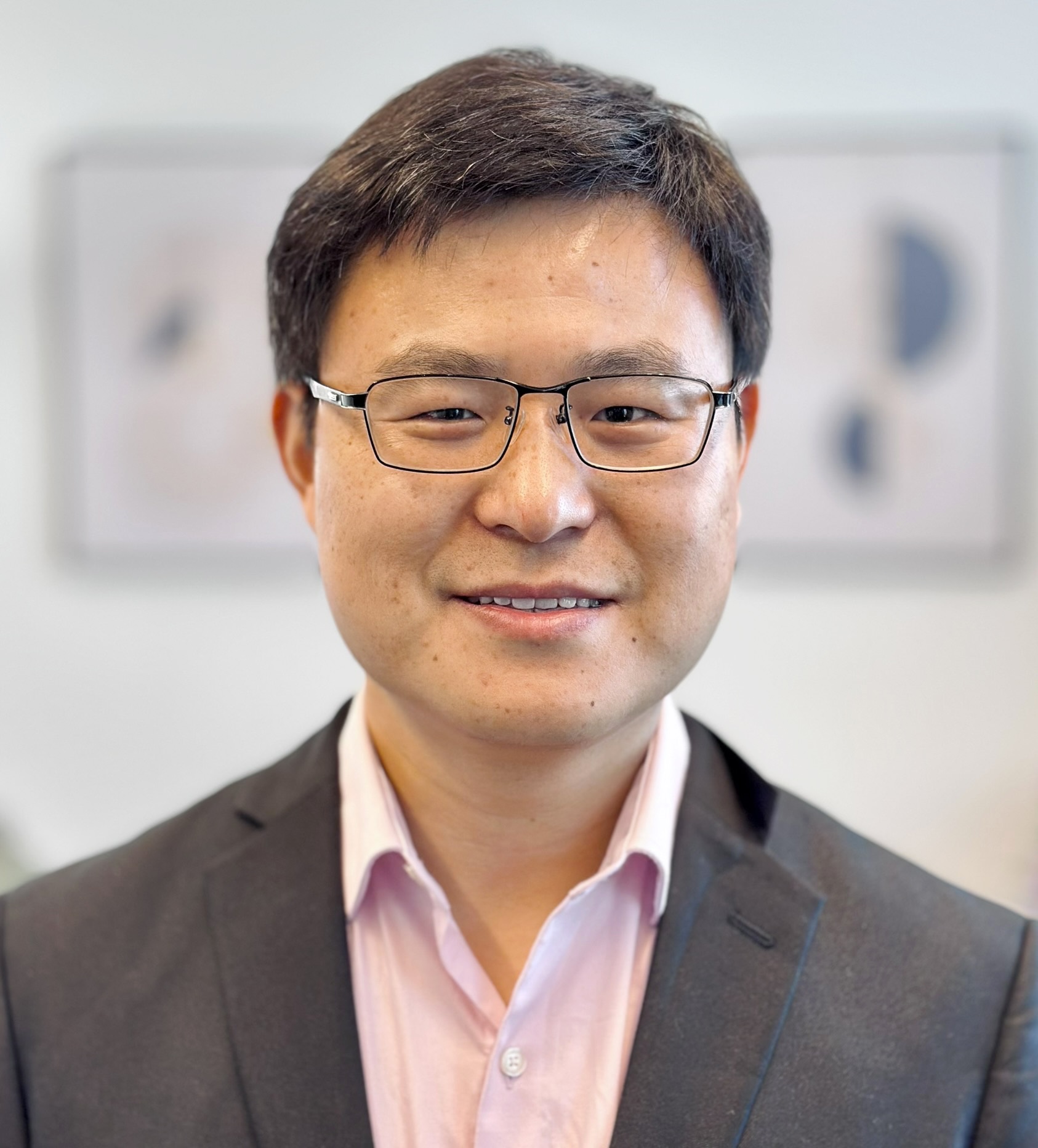
Meng Wang, PhD
What We Study
My primary research focus is on uncovering the molecular basis of cancer development. Our work has identified genes that are probable novel drivers of acral and mucosal melanomas and demonstrated that the evolutionary trajectory of acral melanoma differs markedly from that of melanomas arising in sun-exposed skin. In addition, I have experience of studying the role of ribosomal RNA gene (rDNA) arrays in aging and tumorigenesis, as well as broader topics in genomics, including alternative mRNA splicing.
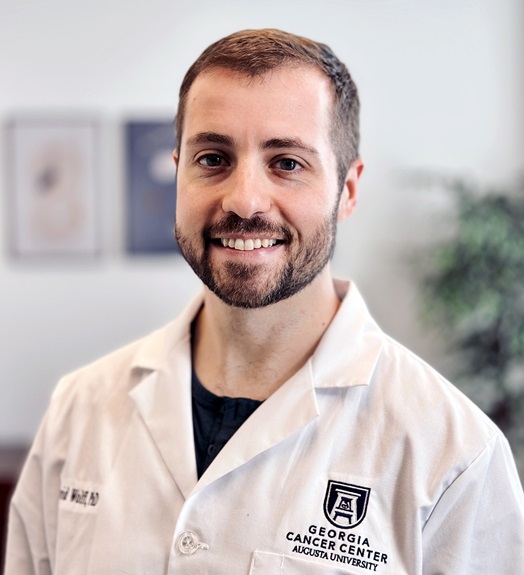
David Wolff, PhD
What We Study
The Wolff laboratory focuses on further understanding the role of GTP synthesis in promoting cancer progression and metastasis, and utilizes fluorescent intracellular probes to study how the intracellular architecture of GTP metabolism influences cancer cell phenotypes.
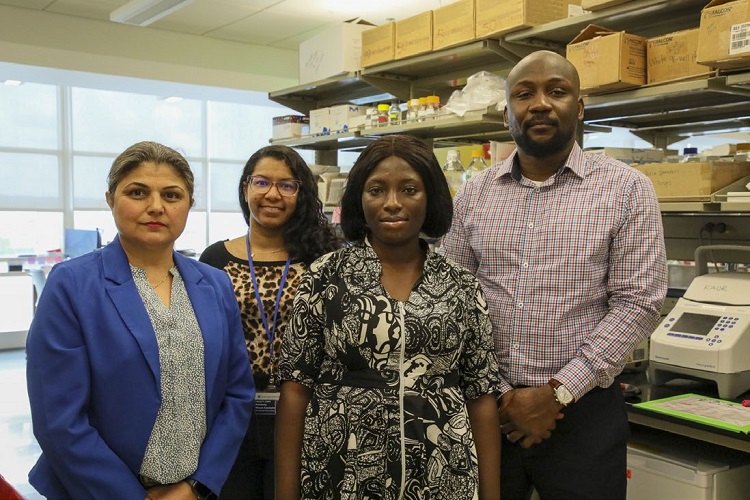
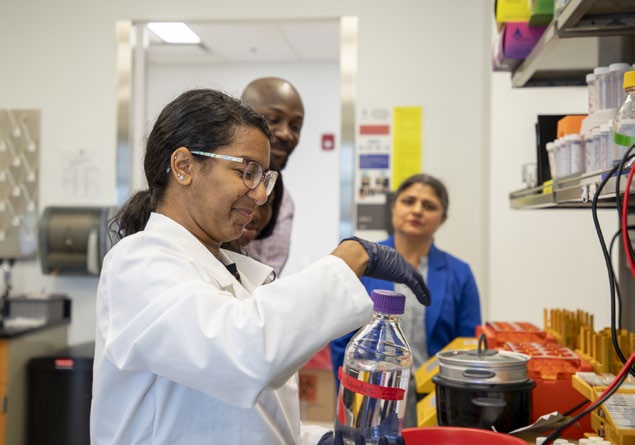
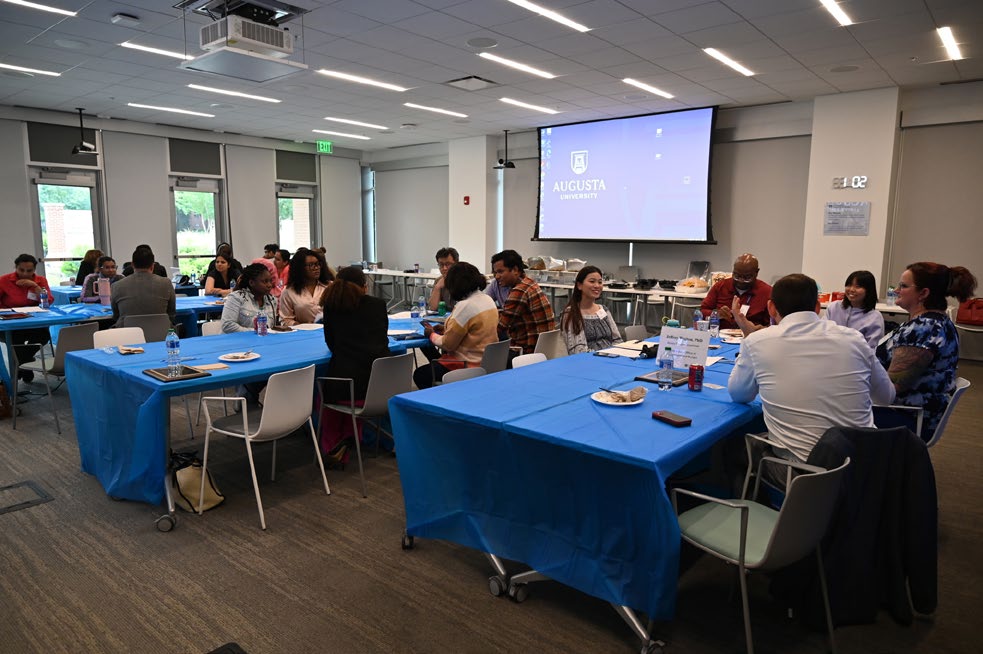
MOI Student Ambassadors 2025-2026
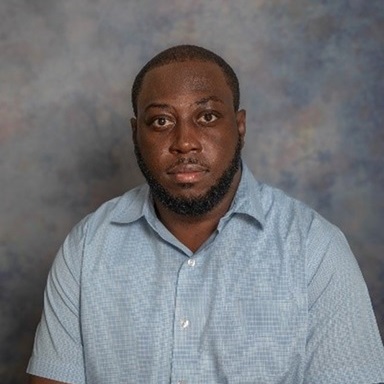
Yamoah Agyei
Activities
Career Development Workshop
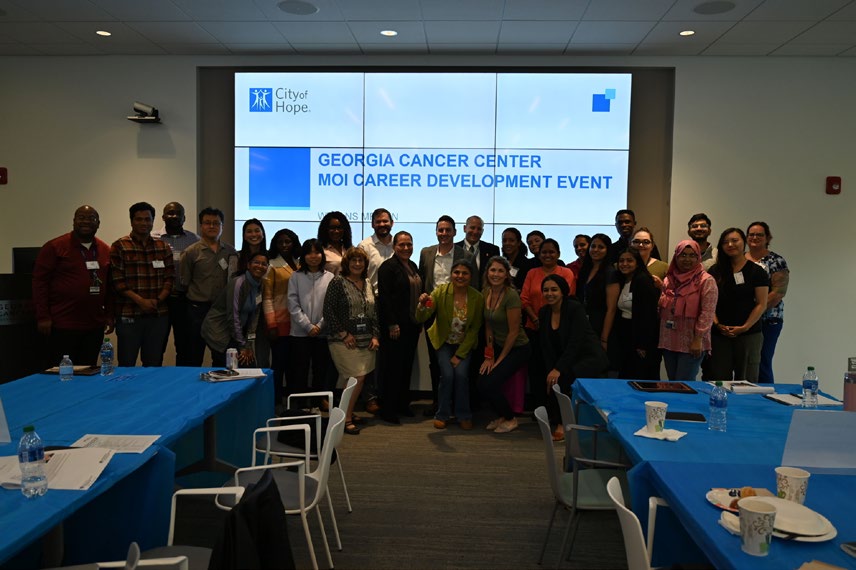
The Molecular Oncology and Immunology PhD Program hosted the 1st Annual Career Development Event on May 14, 2024. This workshop allowed participants to network and learn from experts that represented various non-academic biomedical-related careers. There were scientists from NIH, FBI, the White House, and the Defense Department. These professionals allowed our students to hear about opportunities in science outside of academics!
Professional team building
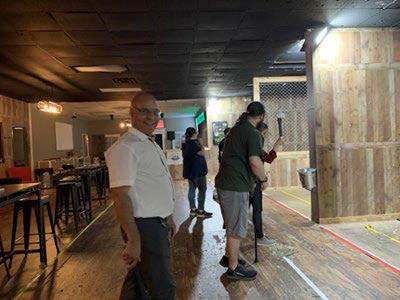
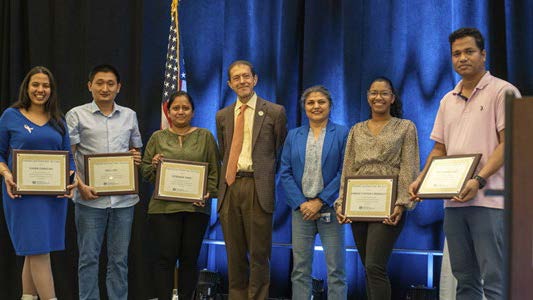
Axe throwing at Broad Axe, was a fun evening for trainees to interact with faculty in a non-formal setting.
The First annual Georgia Cancer Center retreat is an annual event where students and post docs in the MOI program have an opportunity to present their results and compete for awards.
Meet Our Students
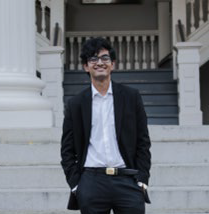
Megh Mehta
- Advisor – Dr. Ley

Aderonke Fakayode
- Advisor – Dr. Ley
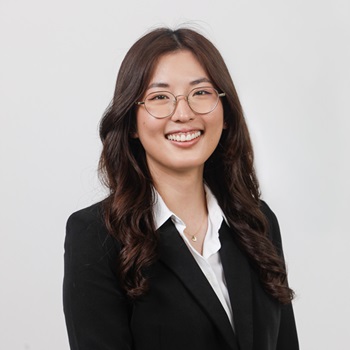
Kathy Li
- Advisor -
- Dr. Liu
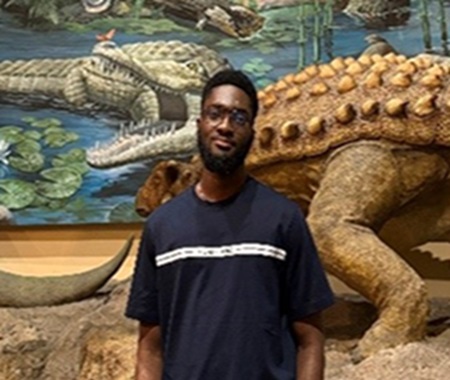
Edem Bokoe
- Lab: Gascoigne
Project: “Characterization of Genes Enhancing Therapeutic T Cell Function and CAR-T Efficacy“
Fun fact: I am left-handed and I find gardening relaxing.
I joined MOI because it offers the ideal environment to advance my research in T-cell signaling and CAR-T activation, all toward improving cancer cell-therapy outcomes. I’m excited to leverage the program’s interdisciplinary training and collaborative community to sharpen my skills and ultimately become a cancer immunologist who can translate benchside insights into real-world treatments.
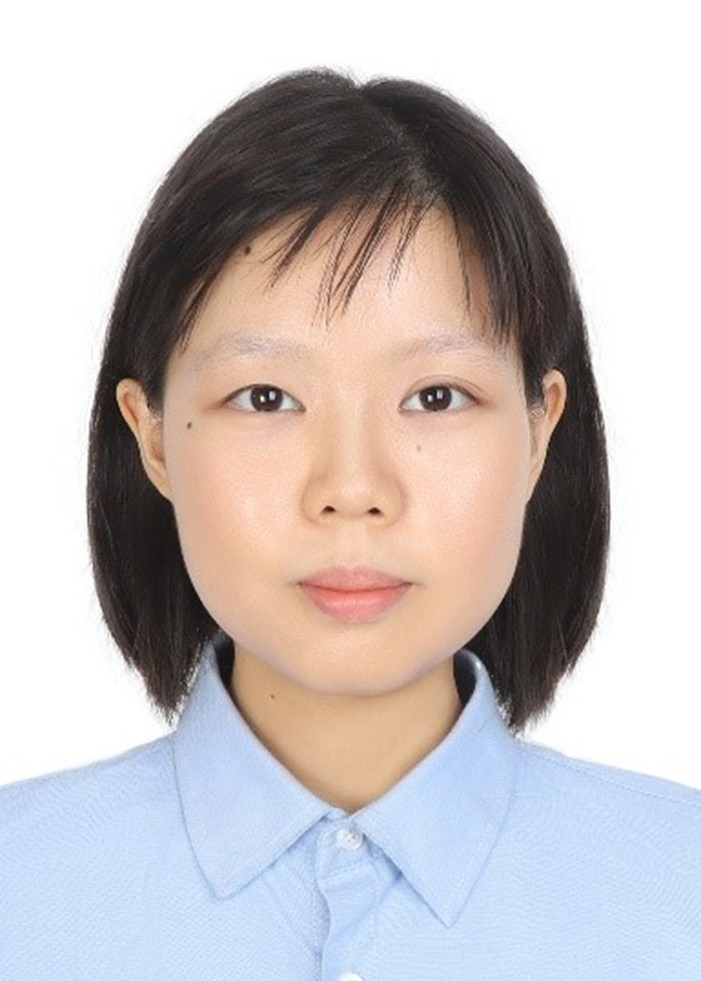
Lily Liu
- Lab: Chiang
Fun Fact: I like to play with my host family's doodle :).
I chose the MOI program because it provides the training for bioinformatics skills. I hope to utilize the increasing number of genomic-scale data to find biomarkers for diseases prognosis and diagnosis.
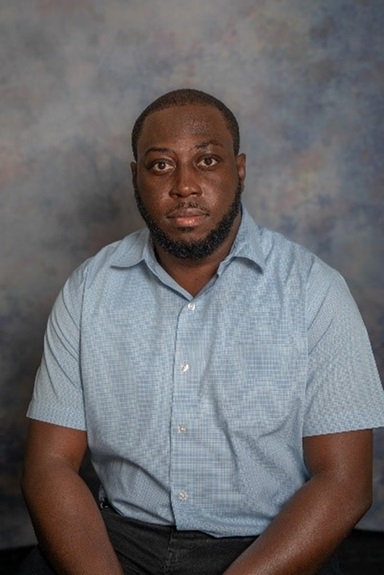
Yamoah Agyei
- Lab: Abdelsammad
Project: “T cell crosstalk: Insights into mechanisms and disease development”
Fun Fact: "I collect fridge magnets- each one is a tiny memory from places and moments!" "I hate instruction manuals. I’d rather wing it and hope for the best!"
I'm passionate about viral immunology, and the MOI PhD program gives me the chance to build a strong foundation to prepare me for my career. I hope to graduate as a competent and well-rounded scientist, ready to make meaningful contributions to the field.
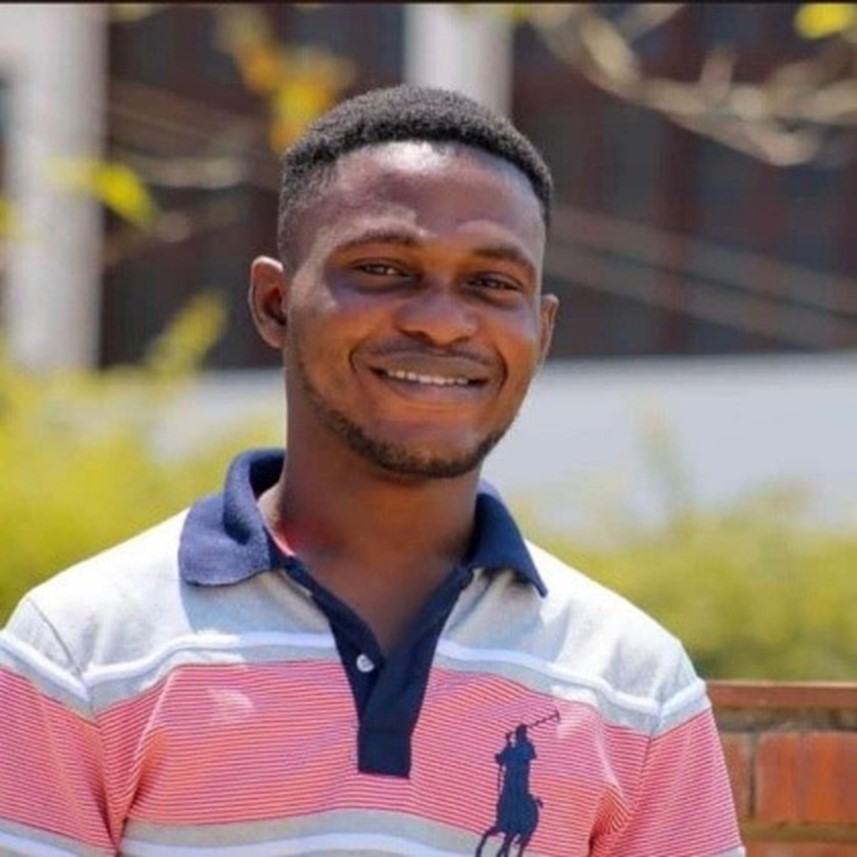
Abdul Basit Musah
- Lab: Gascoigne
Project: “Novel gene targets as regulators of T-cell immunotherapy”
Fun Fact: I enjoy playing soccer with my colleagues. it’s a great way to unwind and stay connected with them.
I’m excited to be part of the MOI program, which offers cutting-edge research opportunities focused on harnessing the human immune system to fight various diseases. was drawn to the program not only for its scientific depth but also for the collaborative environment that allows me to learn from faculty and peers across diverse areas of research.
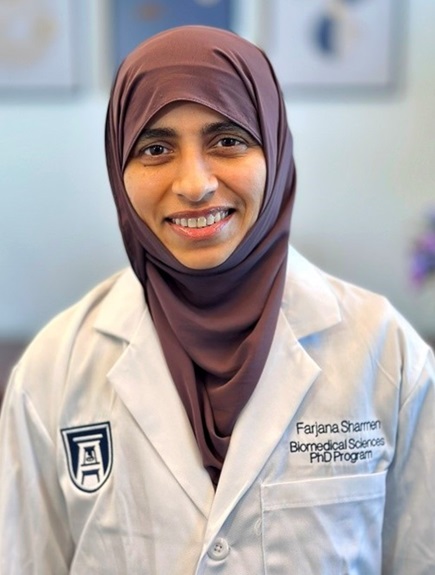
Farjana Sharmen
- Lab: Orecchioni
I chose the Molecular Oncology and Immunology program because it aligns perfectly with my research interests, and long-term goals. Actually, I am eager to link my wet lab research with computational approaches, effectively building a bridge between the bench and bioinformatics. I believe the Molecular Oncology and Immunology (MOI) program offers the ideal curriculum to support this goal. As, immunology is a rapidly evolving field, marked by constant scientific breakthroughs and innovation. I am eager to be part of this dynamic research landscape, where discoveries can have direct translational and clinical impact. Furthermore, the interdisciplinary nature of immunology integrating molecular biology, genetics, computational biology, etc. offers a wide array of research opportunities and career paths. In terms of professional versatility, a background in immunology can lead to roles in academia and research, biotechnology and pharmaceutical industries, clinical diagnostics, healthcare, science communication, policy, and education. Given its central role in addressing global health issues such as pandemics, emerging infectious diseases, and drug development, I am excited about the opportunity to contribute meaningfully to the field and to global public health.
Alumni
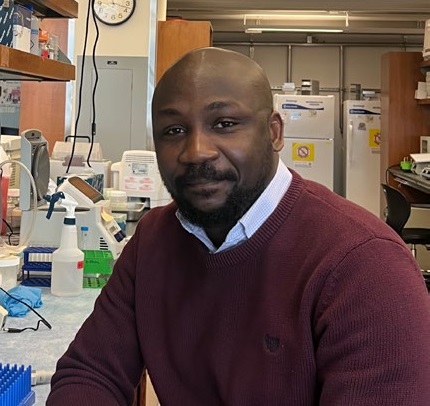
Ogacheko Okoko
- Advisor – Dr. Gang Zhou
Ogacheko Okoko successfully defended his Thesis, “Tailoring Immunotherapy Strategies for Cancer: From T Cell Engineering to Targeted Modulation of the Tumor Immune Microenvironment,” on April 15, 2025, earning his PhD.
Contact Us
We are Located on the third floor of the Georgia Cancer Center. More about Molecular Oncology & Immunology
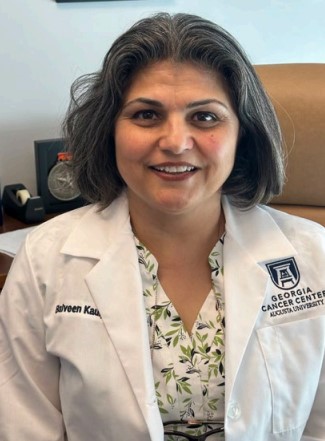
Dr. Balveen Kaur is a Professor in the Department of Pathology and serves as the associate director for the Georgia Cancer Center.
Dr. Kaur is a translational cancer drug development scientist and is passionate about training the next generation of scientists who will change the way we think about medicine.
In her free time, she loves gardening.
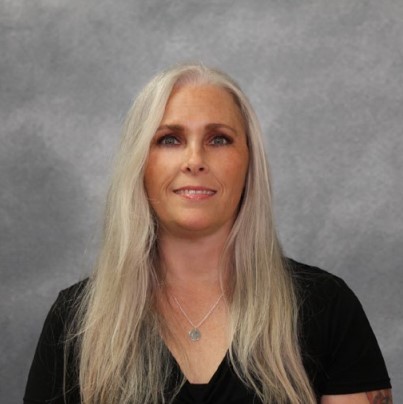
My name is Amanda Bryant, and I am the Program Coordinator for the Molecular Oncology and Immunology PhD program.
I graduated from Augusta University with a Bachelor of Arts degree in Political Science with a focus on Public Administration. I spent eight years working for Augusta Technical College with the Law Enforcement Academy and as the administrative assistant to the Dean of Public and Professional Services.
I am excited to now be working at the Georgia Cancer Center, which allows me to exercise my passion for helping people. My family has been touched by cancer in various ways, and I get to work around researchers that are working towards finding cures for this terrible disease.
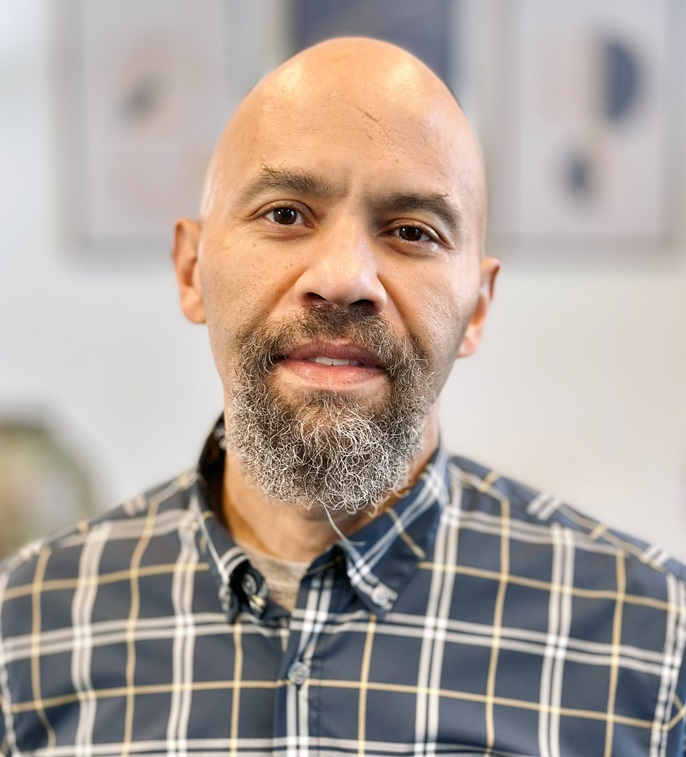
Reduce the Burden
The Georgia Cancer Center at Augusta University is dedicated to reducing the burden of cancer in Georgia and across the globe through superior care, innovation, and education. Through unprecedented expansion, the Georgia Cancer Center is providing access to more first-in-the-nation clinical trials, world-renowned experts and life-saving options.
Follow the Georgia Cancer Center